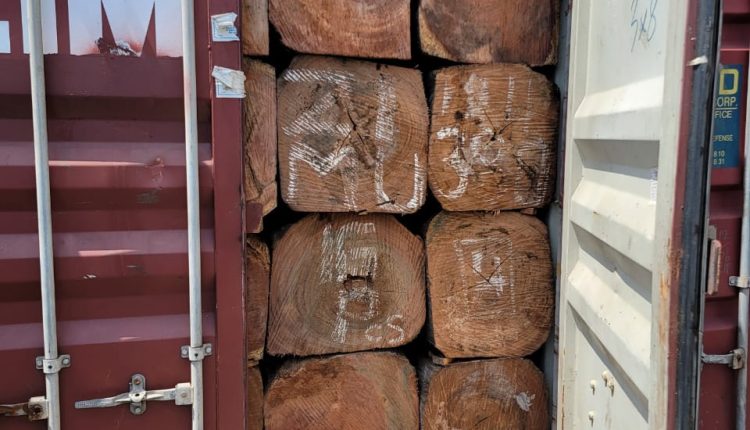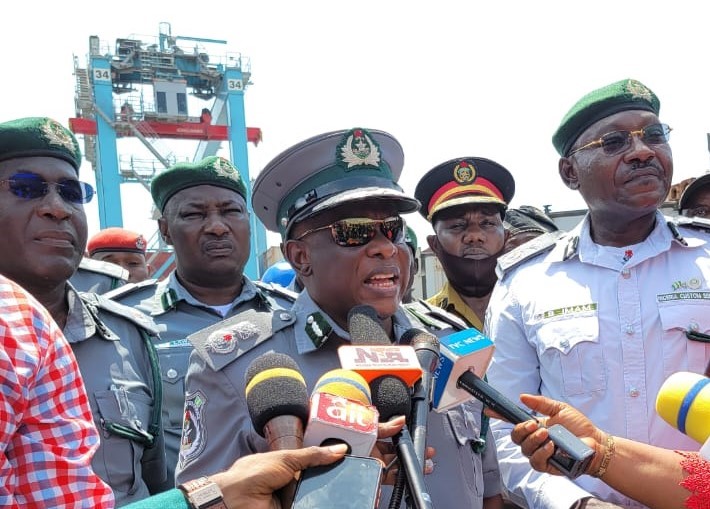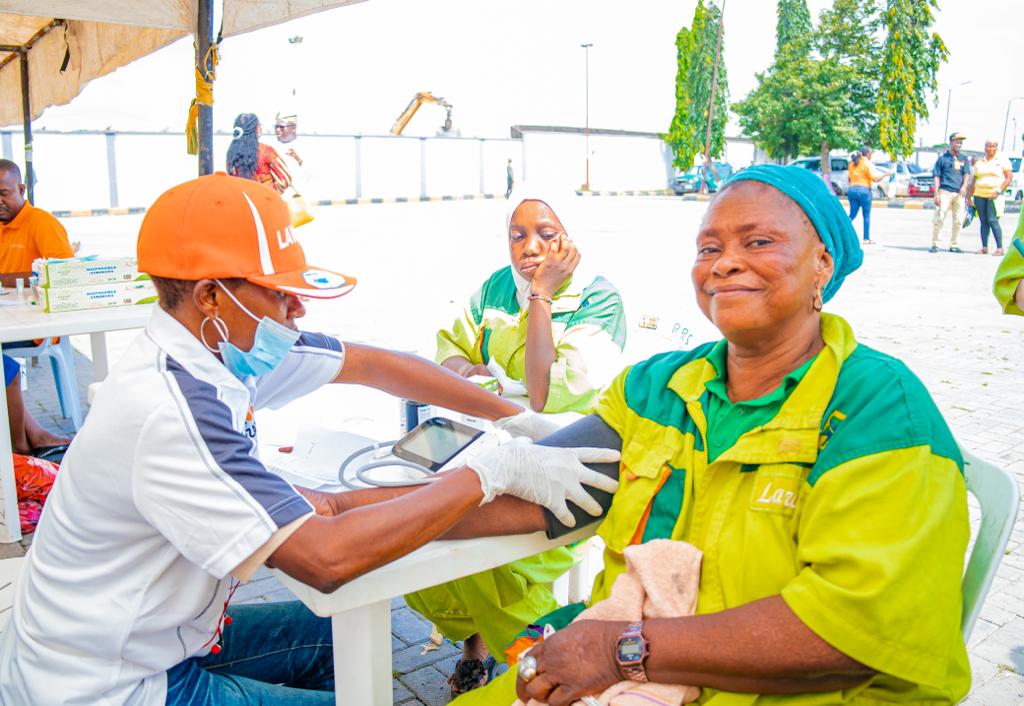The Nigeria Customs Service, Apapa Area Command, on Thursday said that it generated over seven hundred and ninety billion naira (N790 billion) revenue from January to September, 2022.
Disclosing this at a briefing, the Customs Area Controller, Comptroller Malanta Yusuf, told newsmen that the amount was a remarkable increase compared to what the Command generated in the corresponding period in 2021.

His words: “This shows an exponential improvement of N181.5 billion, as against N609 billion naira collected in the corresponding months of the year 2021, representing 29.8% increase.”
He attributed the improved revenue to the officers’ tireless commitment to ensure all revenue leakages were plugged, whilst also commending the compliance level of the importers/stakeholders in the clearance value chain.
Speaking on the command’s anti-smuggling activities, the Comptroller said that a total of 145 seizures of various items with duty paid value (DPV) of over N12.4 billion were made within the period in review.
Attributing this accomplishment to improved intelligence and collaboration with sister agencies, Compt. Yusuf said that one of the Command’s focal points is anti-smuggling activities.
He added that “the Command has fortified its forensic manifest management to monitor and detect fraudulent transaction through audit trial, to ensure that illicit trade are being tracked before the declarations are lodged.”
Some of the seized items include unregistered medicaments such as tramadol and codeine, processed and unprocessed wood, used clothing, foreign parboiled rice, tomato paste, vegetable oil and other sundry items that fall under the import/export prohibition list.
Commending other agencies of government at the port, Compt. Yusuf sought for their continued collaboration as the reiterated the Command’s commitment towards increasing cargo volume inspection, protection of national security and general trade improvement with particular emphasis on reducing human contact in the examination of containerised cargo.
“

































































